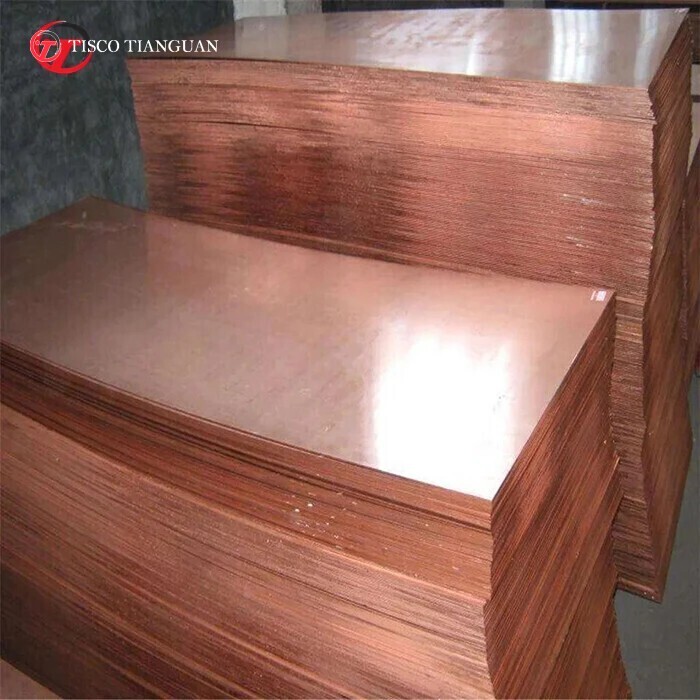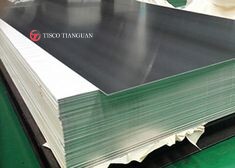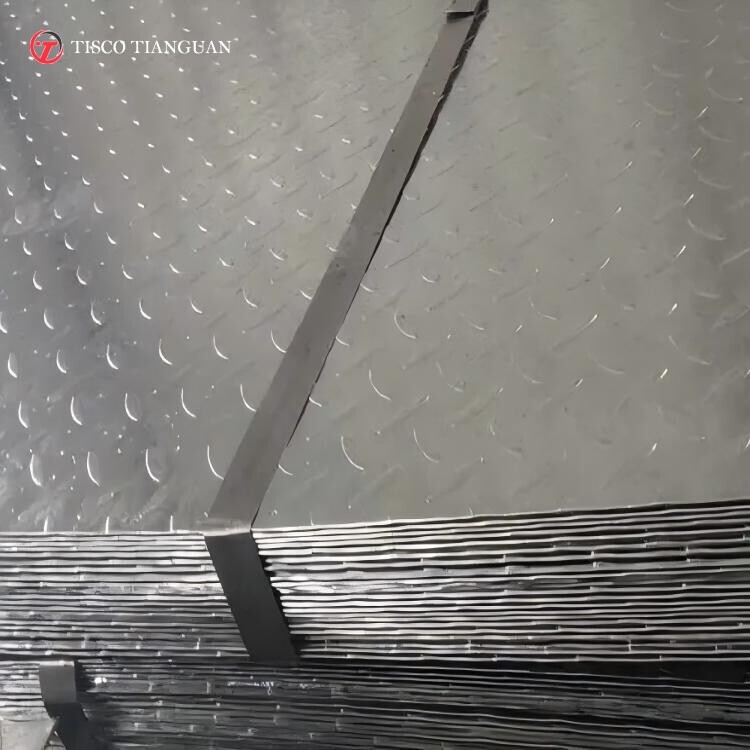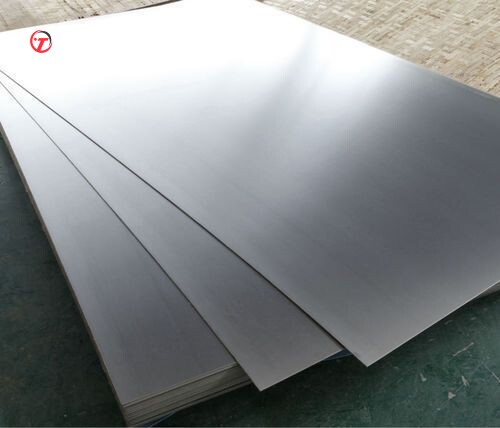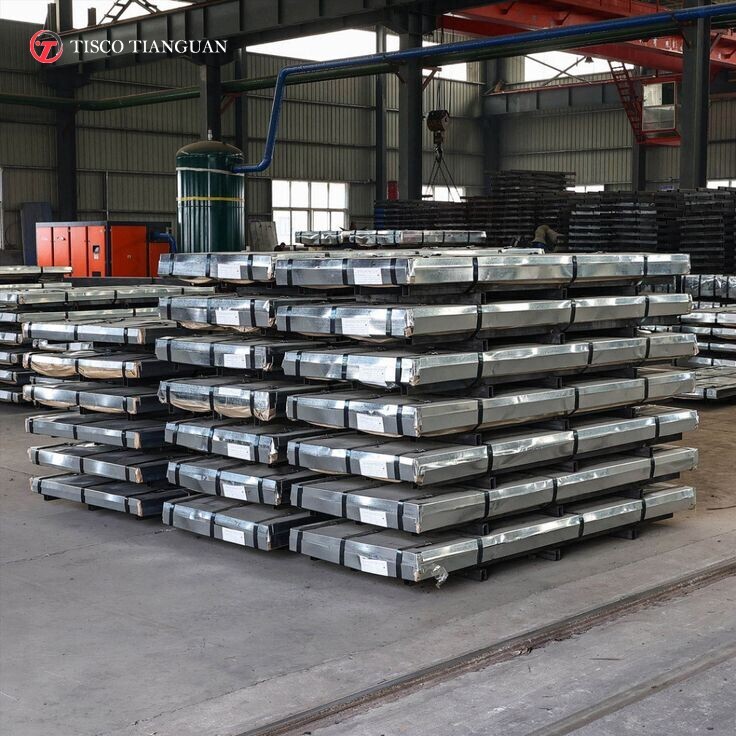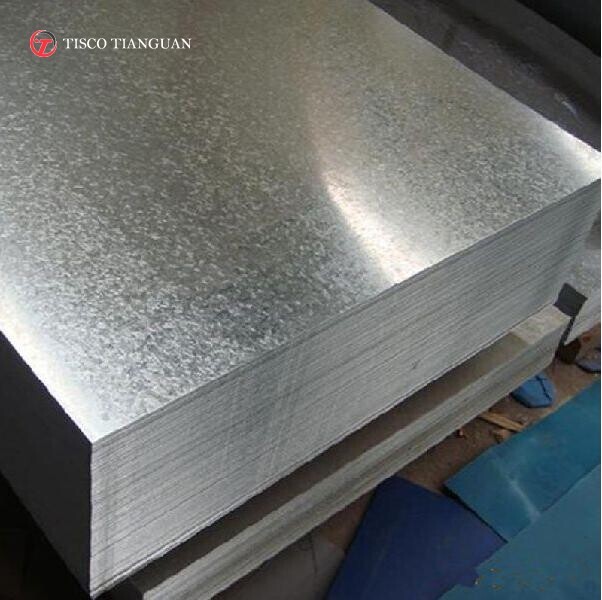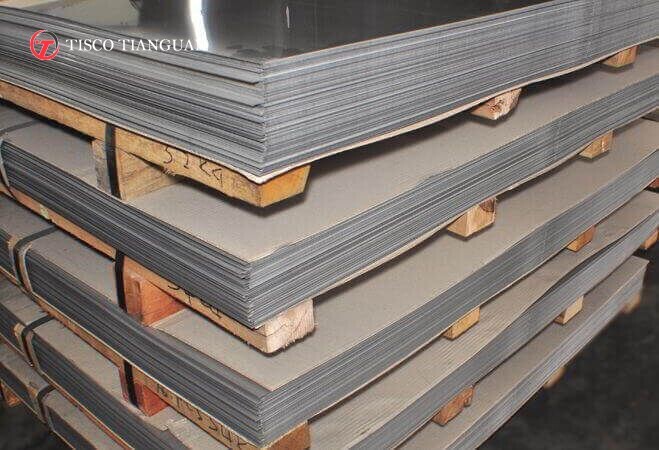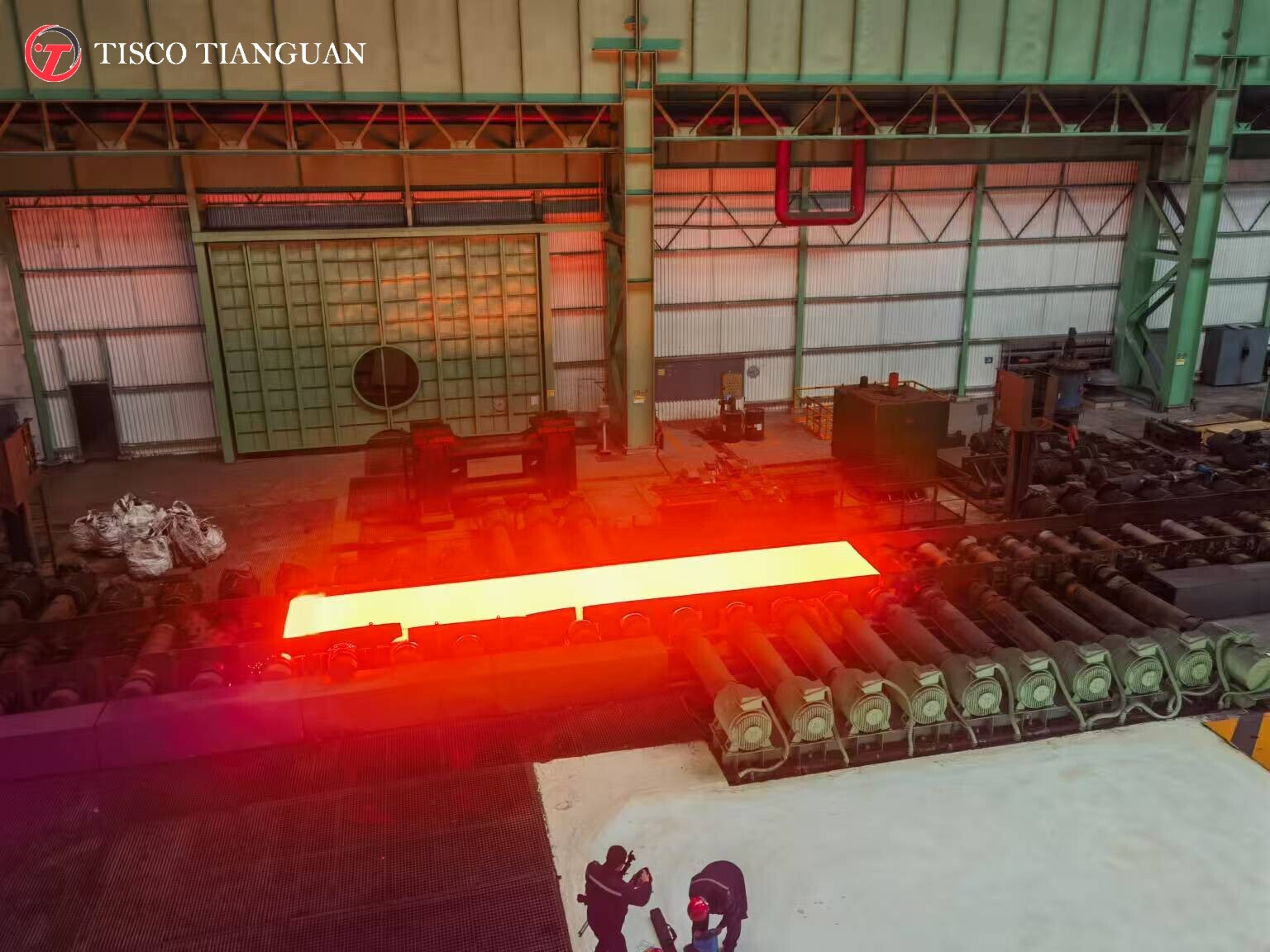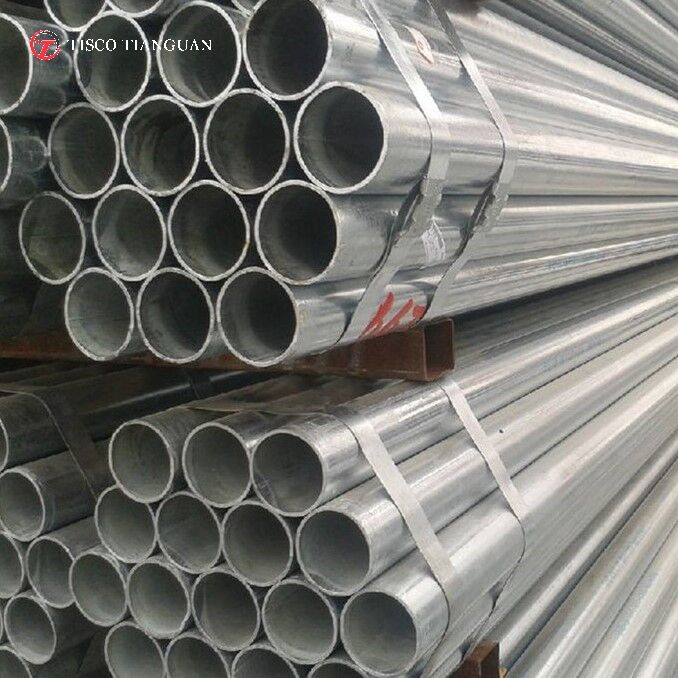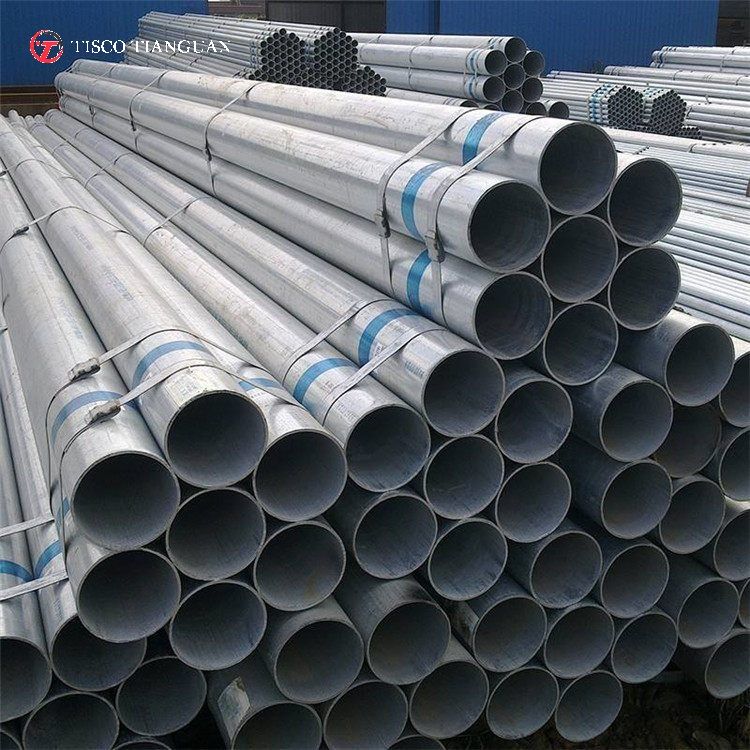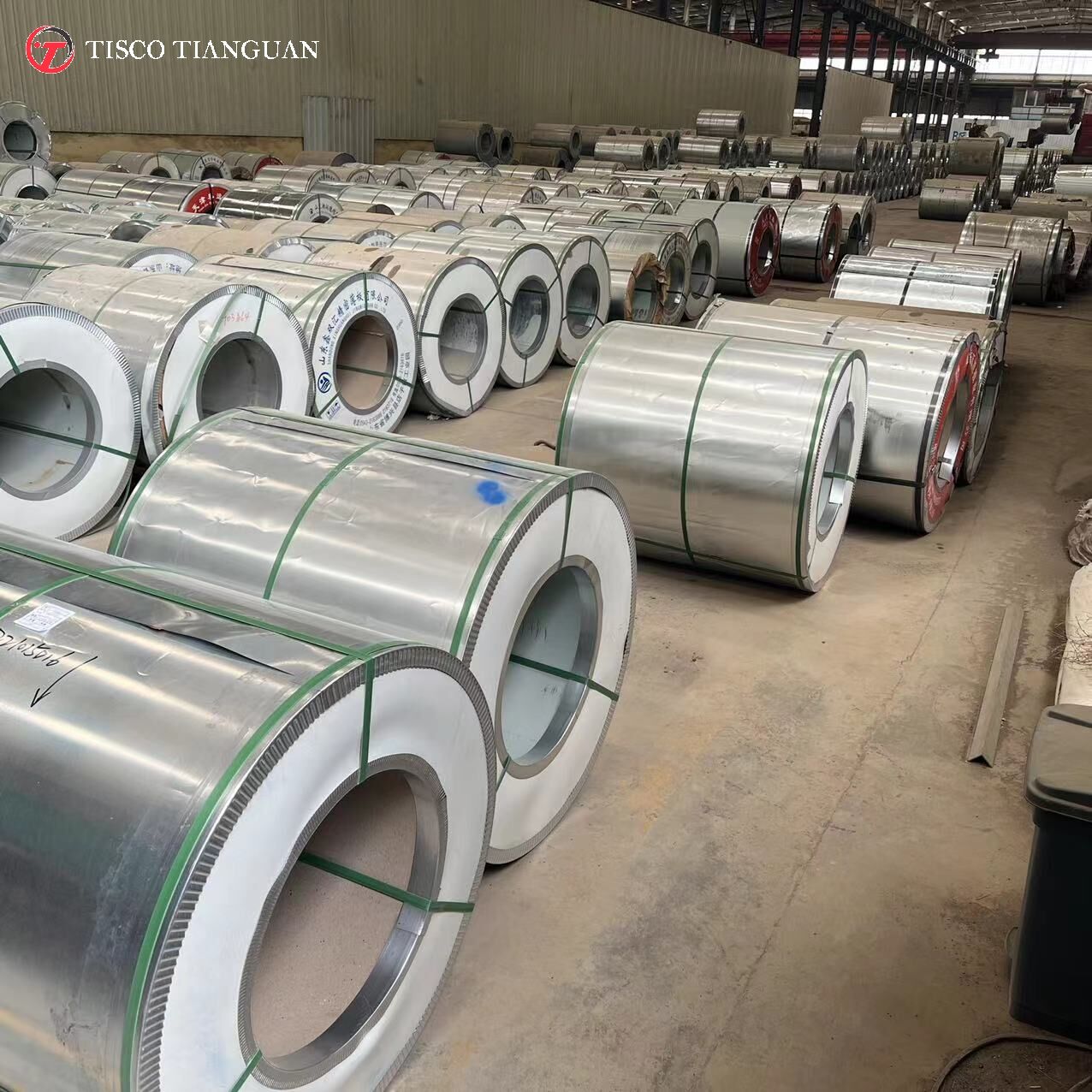

Carbon steel is the most widely used material for piping systems and components in power plants, oil refineries and petrochemical plants, and many other types of industrial and manufacturing facilities. In fact carbon steel actually accounts for nearly 85% of all annual steel production worldwide. It’s used so widely because of its ready availability and relatively low cost. In certain applications however, corrosive chemicals and other environmental factors can lead to severe deterioration and degradation of carbon steel. The good news? Corrosion can be fought by keeping up with prudent monitoring, carbon steel pipe inspections, and repair practices.
There are safety measures that can be taken in order to identify and remedy corrosion problems before they turn into costly disasters. Here are some things to consider when designing your corrosion control program:
An effective inspection, monitoring and record-keeping process is imperative. Monitoring methods can include both off-line inspections taken during maintenance, and on-line monitoring (using methods such as linear polarization resistance, electrochemical noise, or electrical resistance).
Select the proper material based on application and plant operating conditions. If the process is subject to chemical corrosion, the proper materials must be specified.
Replace carbon steel components with more corrosion-resistant materials. Whether the inspection has identified the necessity of new piping or you just want to prevent future corrosion problems, replacing carbon steel components with more corrosion-resistant material is a good idea.
Insulation can significantly speed up corrosion. Corrosion Under Insulation (CUI) has been an ongoing concern for many years, especially in the petrochemical industry. In fact, one study states that 40-60% of all pipe maintenance costs are caused by CUI and approximately 10% of all maintenance costs a facility faces is due to CUI. Properly installed insulation and application of corrosion protection can help slow corrosion, but regular inspection and material testing under insulation is important. Immediately make repairs to any metal piping or components that show signs of distress from CUI, and replace or repair insulation as necessary.
 C10100/TU2 Copper Sheet: The Ultimate Guide for Industrial and Decorative ApplicationsCopper is one of the most versatile and widely used metals in various industries, from electrical engineering to architectural design. Among the different copper grades available, C10100 (also known as TU2 Copper Sheet) stands out for its high purity, excellent conductivity, and superior formability.
C10100/TU2 Copper Sheet: The Ultimate Guide for Industrial and Decorative ApplicationsCopper is one of the most versatile and widely used metals in various industries, from electrical engineering to architectural design. Among the different copper grades available, C10100 (also known as TU2 Copper Sheet) stands out for its high purity, excellent conductivity, and superior formability. The Ultimate Guide to 6061 Aluminum Plate: Properties, Applications, and Buying TipsIn today's industrial landscape, where strength, durability, and weight efficiency are paramount, 6061 aluminum plate stands out as one of the most versatile and widely-used materials across countless applications.
The Ultimate Guide to 6061 Aluminum Plate: Properties, Applications, and Buying TipsIn today's industrial landscape, where strength, durability, and weight efficiency are paramount, 6061 aluminum plate stands out as one of the most versatile and widely-used materials across countless applications. Galvanized Checker Plate: The Ultimate Guide to Durable and Versatile Flooring SolutionsWhen it comes to industrial, commercial, and even residential applications, finding the right flooring material that combines durability, safety, and aesthetic appeal can be a challenge. Enter galvanized checker plate—a robust, versatile, and cost-effective solution that has become a go-to choice for countless industries. In this article, we’ll explore what galvanized checker plate is, its benefits, applications, and why it should be your top choice for flooring and beyond.
Galvanized Checker Plate: The Ultimate Guide to Durable and Versatile Flooring SolutionsWhen it comes to industrial, commercial, and even residential applications, finding the right flooring material that combines durability, safety, and aesthetic appeal can be a challenge. Enter galvanized checker plate—a robust, versatile, and cost-effective solution that has become a go-to choice for countless industries. In this article, we’ll explore what galvanized checker plate is, its benefits, applications, and why it should be your top choice for flooring and beyond. Explore ASTM A36 Carbon Steel Plate: Ideal for Construction and ManufacturingIn modern construction and manufacturing industries, the choice of materials directly affects the quality and cost of the project. ASTM A36 carbon steel plate has become the first choice of many engineers and manufacturers due to its excellent performance and wide application.
Explore ASTM A36 Carbon Steel Plate: Ideal for Construction and ManufacturingIn modern construction and manufacturing industries, the choice of materials directly affects the quality and cost of the project. ASTM A36 carbon steel plate has become the first choice of many engineers and manufacturers due to its excellent performance and wide application. Discover Z275 galvanized sheet: Why is it ideal for the construction industry?In modern construction and manufacturing, material selection is crucial. Z275 galvanized sheet has become the first choice for many industries due to its excellent performance and diverse applications.
Discover Z275 galvanized sheet: Why is it ideal for the construction industry?In modern construction and manufacturing, material selection is crucial. Z275 galvanized sheet has become the first choice for many industries due to its excellent performance and diverse applications. Understanding Electro-Galvanized Steel Plates: Benefits, Applications, and Best PracticesElectro-galvanized steel plates are increasingly gaining traction in various industries due to their excellent corrosion resistance and versatility. In this blog post, we will delve into what electro-galvanized steel plates are, the benefits they offer, their applications across different sectors, and best practices for handling and usage.
Understanding Electro-Galvanized Steel Plates: Benefits, Applications, and Best PracticesElectro-galvanized steel plates are increasingly gaining traction in various industries due to their excellent corrosion resistance and versatility. In this blog post, we will delve into what electro-galvanized steel plates are, the benefits they offer, their applications across different sectors, and best practices for handling and usage. Carbon Steel Plate: A Solid Foundation for Construction and Engineering-TiscoIn today's rapidly developing industrial era, carbon steel plates have become an indispensable and important material in the construction, manufacturing and infrastructure industries due to their excellent performance and wide range of applications. In this article, we’ll take a closer look at the benefits of carbon steel plate and why it’s the ideal choice for your next project.
Carbon Steel Plate: A Solid Foundation for Construction and Engineering-TiscoIn today's rapidly developing industrial era, carbon steel plates have become an indispensable and important material in the construction, manufacturing and infrastructure industries due to their excellent performance and wide range of applications. In this article, we’ll take a closer look at the benefits of carbon steel plate and why it’s the ideal choice for your next project. Why is hot-rolled steel divided into cold-rolled steel, and what is the difference?Hot rolled and cold rolled are both processes for forming steel plates or profiles, and they have a great impact on the organization and performance of steel.
Why is hot-rolled steel divided into cold-rolled steel, and what is the difference?Hot rolled and cold rolled are both processes for forming steel plates or profiles, and they have a great impact on the organization and performance of steel. How to deal with the weld of ERW pipeERW pipe is made by rolling low carbon structural steel or low alloy structural steel strip into tube blank according to certain helix angle, and then welding the tube seam. It can produce large diameter steel pipe with narrow steel strip. The specification is indicated by outer diameter * wall thickness, and the API 5L X52 Welded Steel ERW Pipe shall ensure that the hydrostatic test, tensile strength and cold bending performance of the weld meet the requirements.
How to deal with the weld of ERW pipeERW pipe is made by rolling low carbon structural steel or low alloy structural steel strip into tube blank according to certain helix angle, and then welding the tube seam. It can produce large diameter steel pipe with narrow steel strip. The specification is indicated by outer diameter * wall thickness, and the API 5L X52 Welded Steel ERW Pipe shall ensure that the hydrostatic test, tensile strength and cold bending performance of the weld meet the requirements. 45# seamless steel pipe characteristics45# refers to the carbon content of this material, about 450. This kind of material in seamless steel pipe, compared with other excellent carbon steel, is also common.
45# seamless steel pipe characteristics45# refers to the carbon content of this material, about 450. This kind of material in seamless steel pipe, compared with other excellent carbon steel, is also common. The steel price oversold rebound in iron and steel enterprises expansion increased enthusiasmIn September, the steel price oversold rebound stimulation, again to expand production of iron and steel enterprises. The latest Xunbao Chinese Steel Industry Association show that in early October, CISA member enterprise daily crude steel output 1 million 584 thousand tons, year growth of 4.9%; the estimated output was 1 million 916 thousand tons, year growth of 4%. Analysts said the increase in crude steel output is mainly in the steel prices rebounded sharply in September, steel production and business conditions improved.
The steel price oversold rebound in iron and steel enterprises expansion increased enthusiasmIn September, the steel price oversold rebound stimulation, again to expand production of iron and steel enterprises. The latest Xunbao Chinese Steel Industry Association show that in early October, CISA member enterprise daily crude steel output 1 million 584 thousand tons, year growth of 4.9%; the estimated output was 1 million 916 thousand tons, year growth of 4%. Analysts said the increase in crude steel output is mainly in the steel prices rebounded sharply in September, steel production and business conditions improved. Steel rail beam plant to ensure that the export of steel rail on scheduleRecently, the rail beam plant to undertake the export of 28 thousand and 300 tons of rail orders. For the successful completion of the export rail rolling task, Rail Rail Plant in accordance with the export contract requirements, strengthen process management, improve the rolling trial production of new products, effective control of trial rolling accident time, development of new products to enhance the yield rate. At present, the rail beam plant rail contract is full, in the company of a few of the effective products, rail and part of the rail profile accounted for about 70%.
Steel rail beam plant to ensure that the export of steel rail on scheduleRecently, the rail beam plant to undertake the export of 28 thousand and 300 tons of rail orders. For the successful completion of the export rail rolling task, Rail Rail Plant in accordance with the export contract requirements, strengthen process management, improve the rolling trial production of new products, effective control of trial rolling accident time, development of new products to enhance the yield rate. At present, the rail beam plant rail contract is full, in the company of a few of the effective products, rail and part of the rail profile accounted for about 70%.
By clicking 'Allow All', you agree to the storage of cookies on your device to enhance site navigation, analyze site usage and assist with our marketing efforts. Coo Cookie Notice

